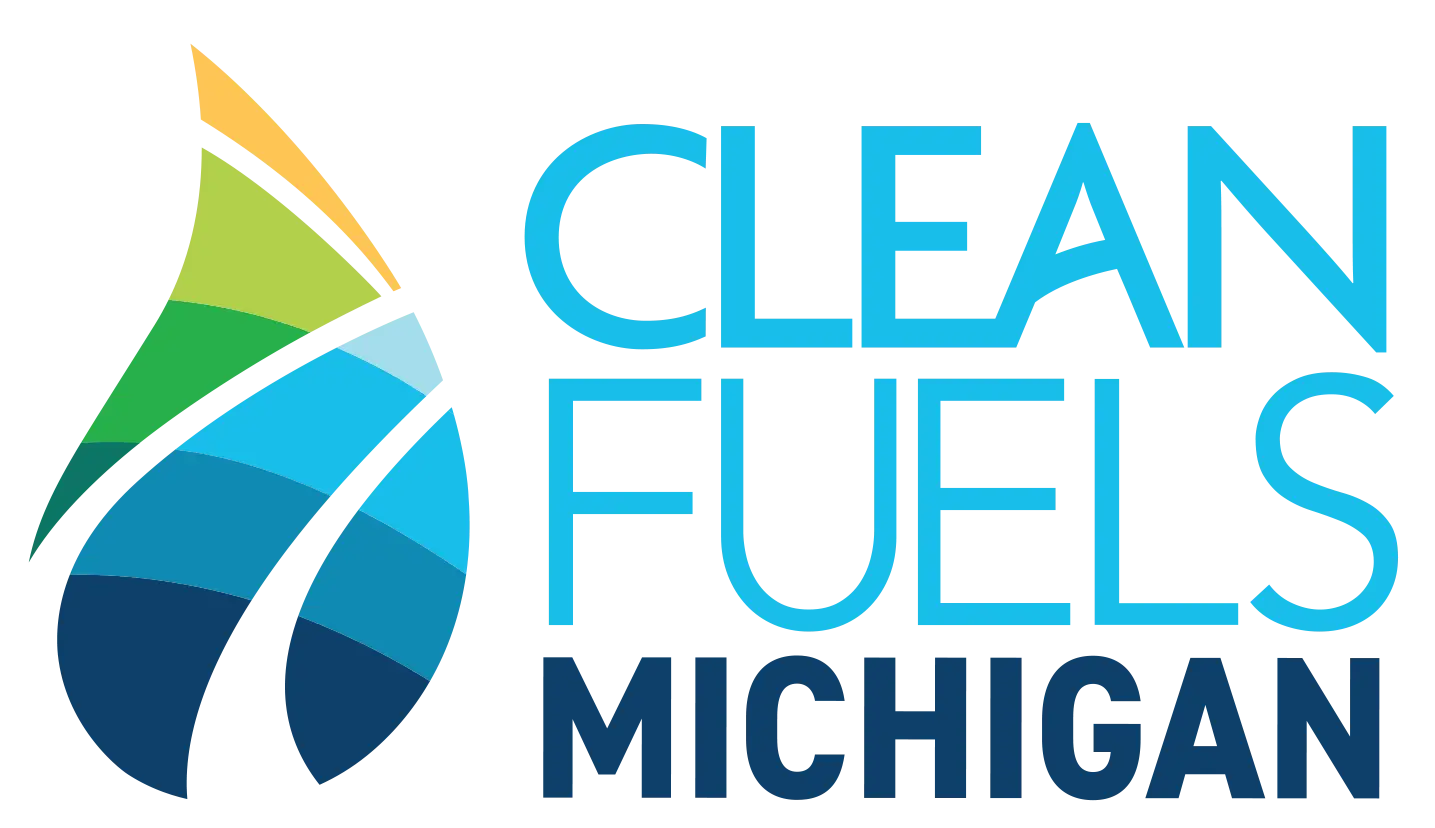The National Electric Vehicle Infrastructure (NEVI) program, created under the Bipartisan Infrastructure Law, is a cornerstone of the nationwide effort to build a reliable EV charging network. For Michigan, NEVI represents a $110 million investment to expand public charging access and accelerate the transition to clean transportation.
However, like many federal programs, NEVI faced uncertainty earlier this year with the funding freeze on many federal programs. We covered the impacts of these delays in How the NEVI Freeze Impacts Michigan, a previous blog post.
Now, after a turbulent few months, momentum is building again. Below is a timeline of major updates that have shaped the Michigan NEVI program in 2025.
Key NEVI Program Updates in Michigan
June 17, 2025 – MDOT Announces Round 2 Awards
The Michigan Department of Transportation (MDOT) moved forward with applications for Round 2 of NEVI funding despite the federal freeze. On June 17, MDOT awarded $24.5 million to 48 EV charging projects across the state, a critical step toward closing infrastructure gaps and ensuring statewide EV accessibility.
August 4, 2025 – Michigan Joins Multistate Lawsuit to Unfreeze Funds
On August 4, Michigan Attorney General Dana Nessel joined a multistate lawsuit challenging the Trump Administration’s freeze on billions in congressionally approved funding for EV infrastructure. At the time of filing, roughly $29 million in NEVI funds designated for Michigan were being withheld.
August 11, 2025 – FHWA Restores NEVI Funding
Just a week after Michigan joined the growing number of states pursuing legal action to restore access to NEVI funding, the Federal Highway Administration (FHWA) released updated NEVI program guidance. This pivotal decision freed the $29 million in funding that MDOT had previously been restricted from obligating.
What’s Changed in the New NEVI Guidance?
The new NEVI guidance is significantly streamlined compared to its predecessor, giving states more flexibility with the aim of accelerating EV charger deployment. While these changes could speed up installations, MDOT should continue to ensure that the funding continues to meet its core purpose of creating a robust, reliable, statewide EV charging network.
Key changes in the guidance include:
- Streamlined state plans and simplified federal approvals
- Greater flexibility in EV charger placement along Alternative Fuel Corridors (AFCs)
- Reduced focus on grid integration and community engagement
- Accelerated siting process
- Elimination of resilience and consumer protection requirements
- Fewer restrictions on charger locations once AFC coverage is complete
The streamlined guidance could allow Michigan to move faster in deploying chargers and making use of the nearly $65 million in NEVI funding remaining after the first two rounds of funding. While the program could benefit from an accelerated timeline, the success of the program depends on ensuring that chargers are reliable, accessible, and equitably distributed.
The Road Ahead for Michigan’s EV Charging Network
With MDOT resubmitting its state plan under the new rules, Michigan has an opportunity to accelerate deployment while staying focused on reliability and equitable access.
The success of the Michigan NEVI program will depend on ensuring that:
- Chargers are reliable and consistently operational
- Rural and underserved areas are included in the network
- Investments align with Michigan’s long-term clean transportation goals
With new projects underway and previously frozen funding restored, Michigan is poised to make significant progress in 2025. The NEVI program is key to instilling driver confidence as the clean transportation transition continues to gain momentum.
